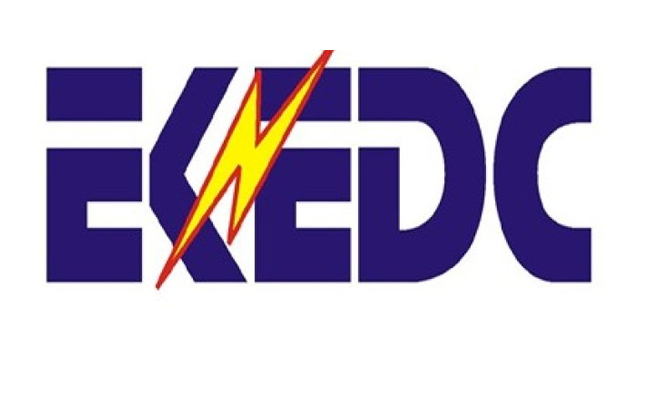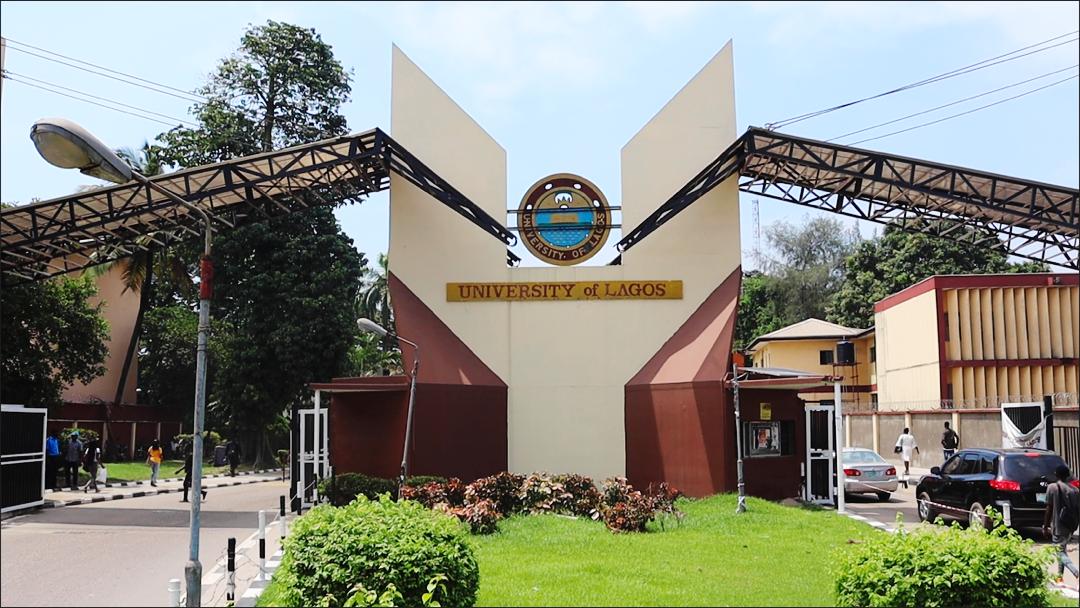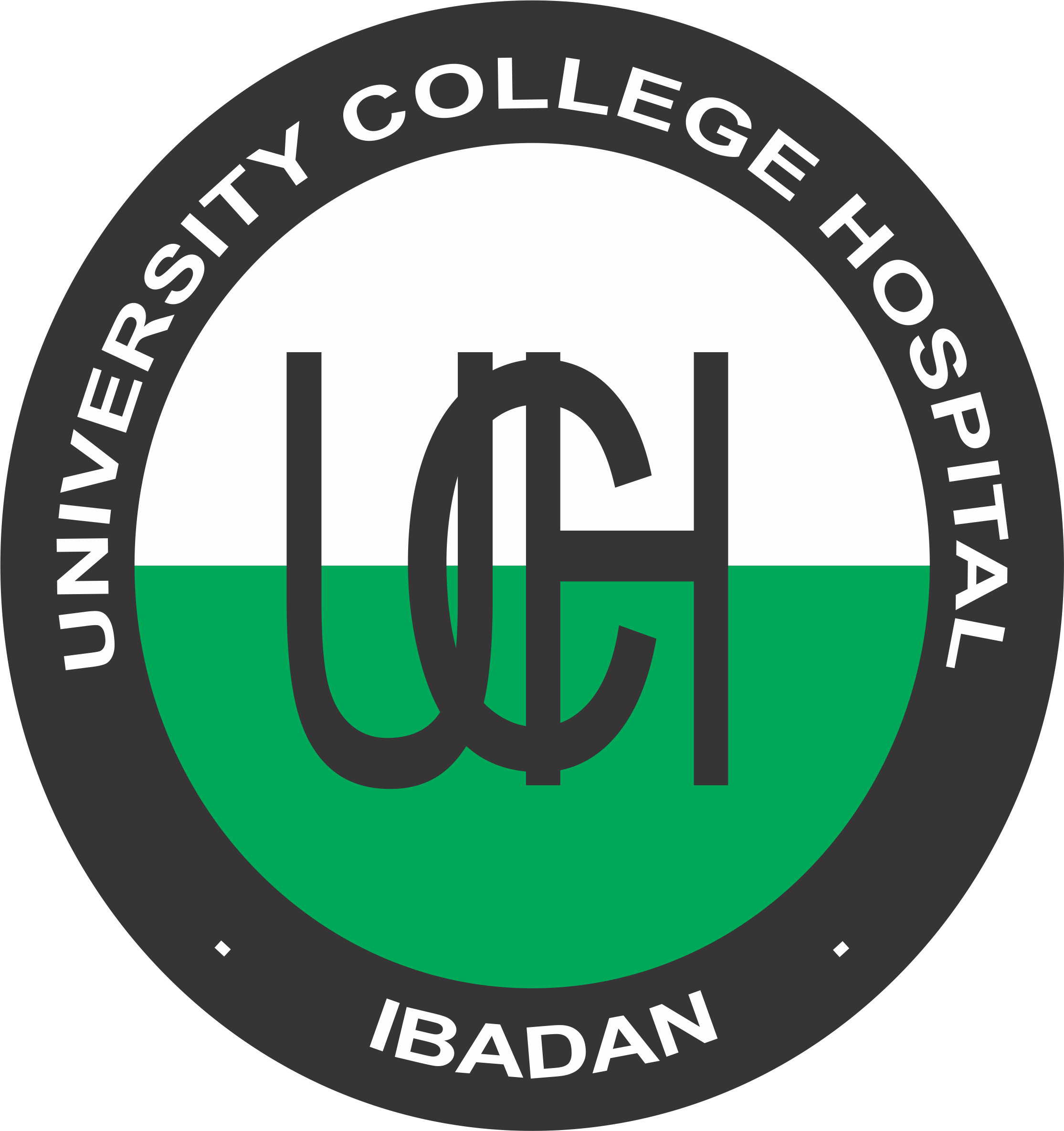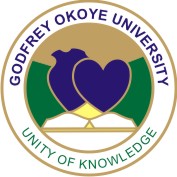Why we cut off power supply to UNILAG — EKEDC


The Eko Electricity Distribution Company (EKEDC) explained why it cut off power supply to the University of Lagos (UNILAG), Akoka, despite the university paying N180 million in electricity bills for July.
The university’s management requested patience and understanding from the community regarding the power outage on campus, despite ongoing conversations with EKEDC.
According to a statement issued by Babatunde Lasaki, EKEDC’s General Manager of Corporate Communications and Strategy, UNILAG was disconnected from the power grid on Tuesday due to recurring accumulated outstanding payments.
The statement reads: “It is imperative to clarify that this payment only partially defrays a small fraction of the outstanding debt owed by the university, which significantly exceeds the amount paid and currently stands at over N1 billion, that is N1,035,197,446.43.
“Also, in adherence to regulatory requirements and procedures, disconnection notices were served at different times to the university and principal staff of the institution. The Vice Chancellor, Prof Folasade Ogunsola; Director of Works, Engineer Olaniyi and Head, Technical Department, Engineer Ajayi were among those engaged several times by EKEDC team, led by the GM, Technical Services, Engineer Femi Olaoye; AGM, Key Customer Group, Abdulkadir AbduRahman and the Ijora District Business Manager, Clement Sanyaolu.
“After exhausting all negotiation options without reaching a satisfactory resolution, the institution was disconnected on August 27, 2024. We understand the inconvenience caused by this situation and appeal to the members of the university community for their understanding.
“EKEDC is committed to providing reliable electricity services, but this is contingent on the timely settlement of bills and adherence to agreed-upon terms.”
Lasaki went on to explain that UNILAG’s transition from Band B to Band A tariff was carried out in due process, with proper engagement and communication about the consequences.
The tariff hike reflects the institution’s average supply availability of 23 hours, which meets Band A conditions, according to Lasaki.








